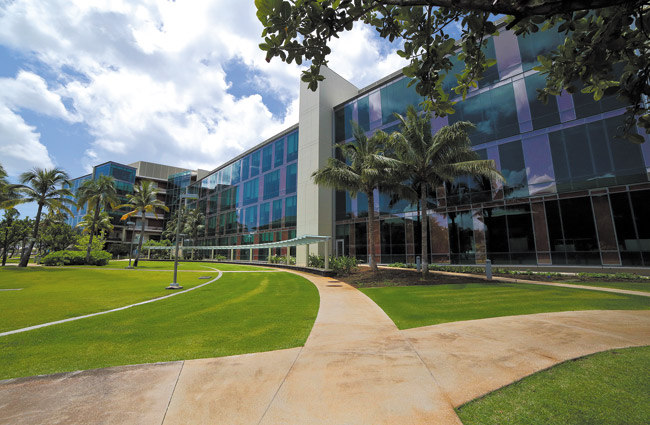Tobacco Funds Down For Cancer Center
Blame it on the kids. It’s all their fault. We did our part; we started puffing on cigarettes as teenagers. Smokes made us look cool, sophisticated — manly with Marlboros, girly with Virginia Slims. Then, in 1964, along came Surgeon General Luther Terry informing us on every single pack that “Smoking could be injurious to your health.” Too late; we were addicted.
Our kids knew. They came home from school with the message: “Daddy, my teacher says smoking’s bad for your health.”
“Oh,” we coughed, “I know. I’m going to quit.”
Many of us did. Many didn’t. Addictions are like that.
But the kids did, in droves. They went further. In college they demanded that their schools not invest endowment funds in tobacco companies. As adults, they sued those same companies for decades of lies about the harmlessness of smoking, and they supported dramatic tax hikes on tobacco products.
Settlements of those suits and larger tobacco taxes provided states with a revenue windfall. But it couldn’t last. Tobacco sales plummeted, so too did the taxes collected from those sales.
Thus the dilemma of University of Hawaii Cancer Center. It faces an $8 million mortgage payment every year on its state-of-the-art Kakaako facility. The money earmarked to pay for the new building and its grounds come from tobacco taxes.
As recently as 2010, they brought in $20 million to the cancer center. Last year, collections fell to $14 million. It’s estimated that they will fall further in 2015.
If those kids had only kept puffing, if that surgeon general hadn’t insisted on spreading his message, all would be solvent.
Enough of sick irony. The surgeon general’s 50-year-old warning and those kids who carried his message and absorbed it are among the 20th century’s greatest public health heroes. Still, despite their heroics, more than 40 million Americans continue to smoke cigarettes. That means more cancers, more respiratory disorders, more heart attacks and strokes. According to Centers for Disease Control, smoking causes 480,000 deaths in the United States annually.
Thus, UH Cancer Center’s economic woes should concern us all.
Physician and researcher Siddhartha Mukherjee titled his brilliant 2010 history of cancer The Emperor of Maladies. He describes a disease increasingly susceptible to new treatments, but one the causes of which, in all of its manifestations, continue to elude us.
He quotes Chinese philosopher Sun Tzu: “… if you know your enemies and know yourself, you will not be imperiled in a hundred battles.”
The battle against cancer requires knowledge, precisely what the researchers at UH Cancer Center seek every day. But the center ran a $10 million deficit last year. It’s eating up its reserves, and current support from the state and dwindling tobacco tax imperil its work. It needs an endowment, more clinicians, a new director and more.
In the meantime, the state Legislature has kept alive Senate Bill 1030, S1 that would raise the minimum age to buy tobacco products from 18 to 21.
It’s a no-brainer. Some kids will still get their hands on cigarettes and develop unhealthy addictions. But those the age hike will discourage from doing so are well-worth passage of the law.
We’re talking the public’s health here, the surgeon general’s warning, the half-century-old kids’ crusade.
We adults, for our welfare and theirs, have to join them.
dbboylan70@gmail.com






